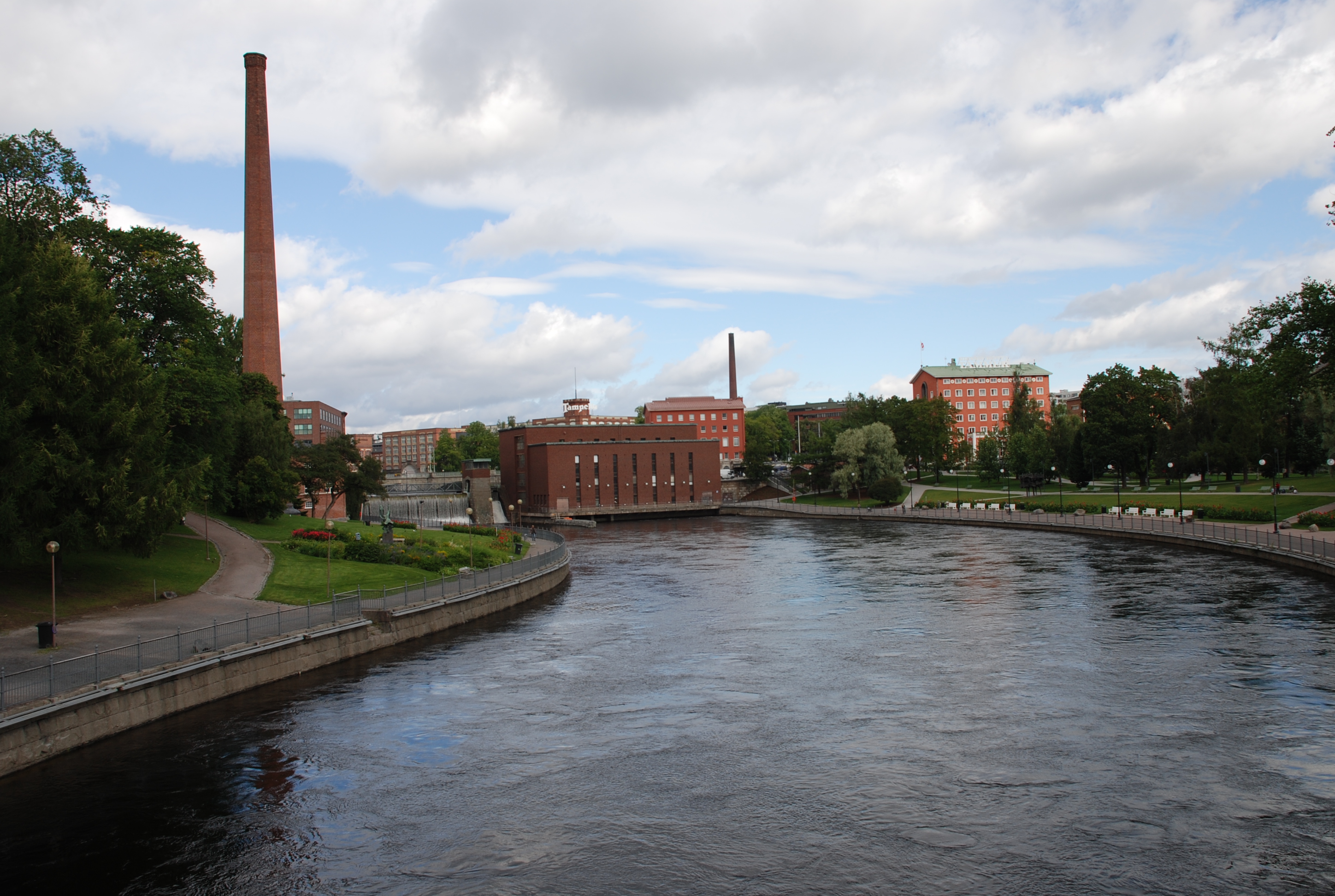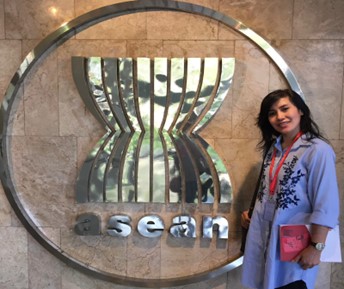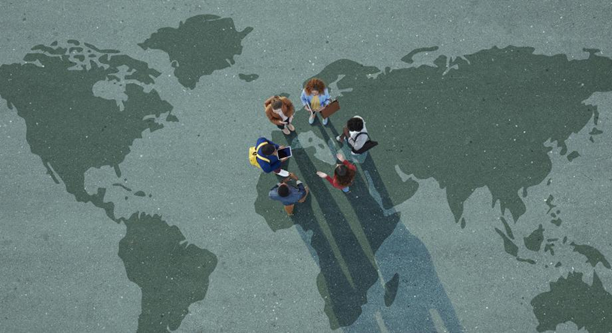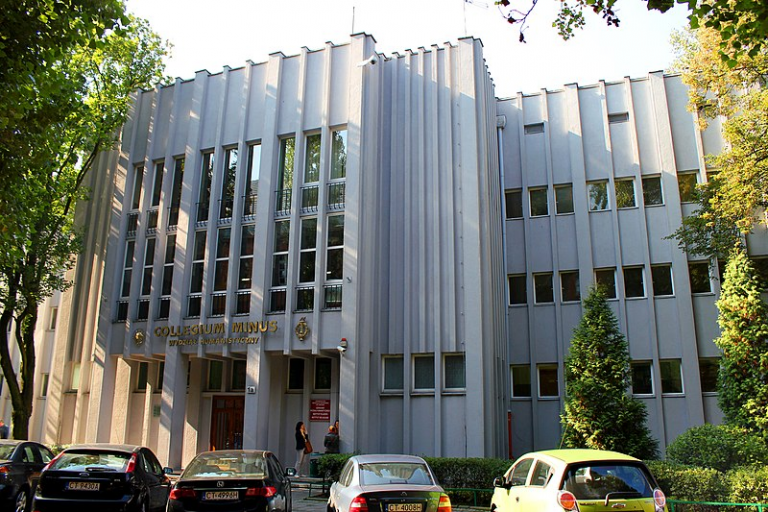What is security? Years ago in 2005 I was invited by my British colleagues to contribute to The SAGE Dictionary of Criminology by writing an 1500 words entry “Security”. The entry and the definition in the beginning of it has obviously been good (enough) because it has been published also in the following editions (3rd edition in 2013 and 4th forthcoming edition in 2018). It was not an easy task but for me, as a political scientist by education, it was an honor to contribute to the world’s leading criminological dictionary.
In Finnish there is one word for security and safety: turvallisuus. The definition in the Dictionary describes the relationship between the English concepts: “Security is the state of being secure, specifically freedom from fear, danger, risk, care, poverty or anxiety. The roots of the term are in the Latin securitas/secures, derived from se (meaning without) cura (fear, anxiety, pains, worry).
Safety is closely related to security. However, it has additional connotations which have more to do with physical conditions, e.g. freedom from injury, the safety of the body and of property. In this context certainty refers to certainty of order, assurance and predictability.” (Virta 2013, 312). Security and safety cover all aspects of human life, from the survival and wellbeing of the body of individual to the existence of states and human life in earth and the earth itself.
Towards SAFER future
SAFER is the new international Master’s Programme of the Faculty of Management and a joint initiative with Tampere University of Technology, to be started in the new Tampere University in 2019. It reconciles Security and Safety Management, and therefore it is a unique combination of multidisciplinary approach to security and safety. In the rapidly changing complex security and safety environment there is urgent need to try to govern uncertainties and risks, dangers and threats, through international multidisciplinary scientific research and education.
Security research and strategies have recently adopted the vague concept of resilience, which means – among other things – preparedness, recovery and capacity to cope in and after disasters, catastrophes and crisis. Security and resilience are the common themes of three current research projects I lead at the Faculty of Management.
Comprehensive Resilience Governance: strengthening individual adaptation capacities as part of comprehensive security framework (CO-RESONANCE) seeks to understand the interface of individual and societal resilience. The research project will provide an analysis of the links and interdependencies between various levels of resilience (individual, societal, national and international) contributing to resilience capabilities, thereby supporting policy-development and various stakeholders working within the field of societal security. Tapio Juntunen and Ari-Elmeri Hyvönen are the full-time researchers of the project at the Faculty of Management. Juha Käpylä and Harri Mikkola are the researchers of the project at the Finnish Institute of International Affairs (FIIA). For more information see KOREHA.
Justice as fair play
Producing security and good community practices through the Rawlsian model of social contracting: Studying experiences of security in Finnish localities with asylum seeker reception centres (CO-SECURE) seeks to develop a new experimental model for studying the possibility and results of social contracting in terms of justice as fair play, contributing to future resilience of individuals and societies.
In Rawl’s theory fairness is operationalized so that when the contracting parties are negotiating the terms of the new compact in the Original Position their work is conditioned by the Weil of Ignorance, i.e. by restricted knowledge about what their future position will be. The simulation model has been designed in the spring 2018 as scientific-artistic collaboration between the researchers of the Faculty of Management, Tiina Rättilä and Jarmo Rinne, and the University Lecturer Minna Hokkanen, from the Degree Program in Theatre Arts (Näty), assisted by Näty’s costumer and technical personnel. The simulation was piloted in a series of workshops with a group of actor students accompanied by several professional actors. (For more information about the project please contact Tiina Rättilä or Jarmo Rinne).
Demands for openness set new kinds of threats
UniSecurity –research project then is mostly about security, insecurity and resilience of the staff of Universities. It tries to capture many contemporary security threats and vulnerabilities that are familiar to all of us who are working at Universities, and to develop an adaptive strategy to security and safety management of Universities. Especially many researchers in social sciences, depending on their research topics, face hate speech, stalking, targeting and threatening.
There are tensions within the demands for openness, research communication, publicity and visibility and the other side of the coin. Universities should have joint strategies and means to protect researchers, teachers and other staff also from these kinds of threats. Capacity building and preparedness increase the resilience of the individuals and university organisations. (For more information please contact Sirpa Virta, Vuokko Kohtamäki or Johanna Liljeroos.)
There is a long tradition of security research at the University of Tampere, especially in International Relations, Peace research, Political science and Administrative sciences, as well as in risk governance research (Insurance) and health security. I look forward the collaboration with the colleagues from Tampere University of Technology and Tampere University of Applied Science in the many fields of security and safety research and education. Only by taking security seriously we can fight the threats and dangers, using multidisciplinary research, writing and teaching as means for SAFER future.





Kommentit